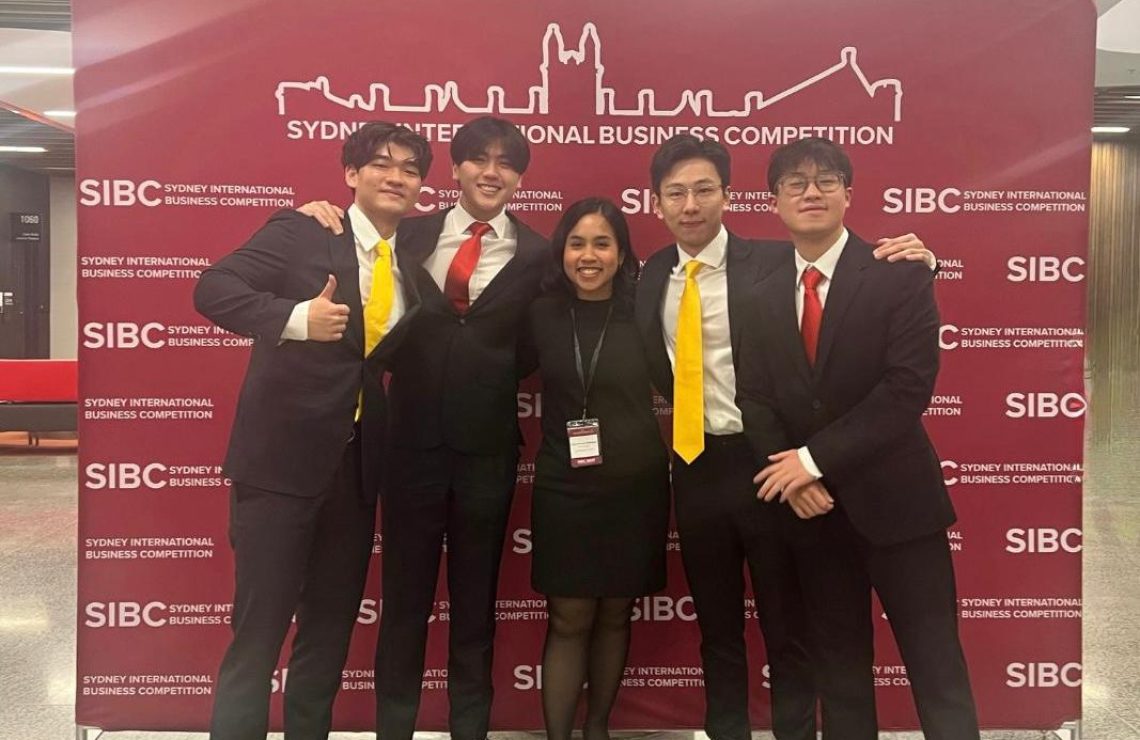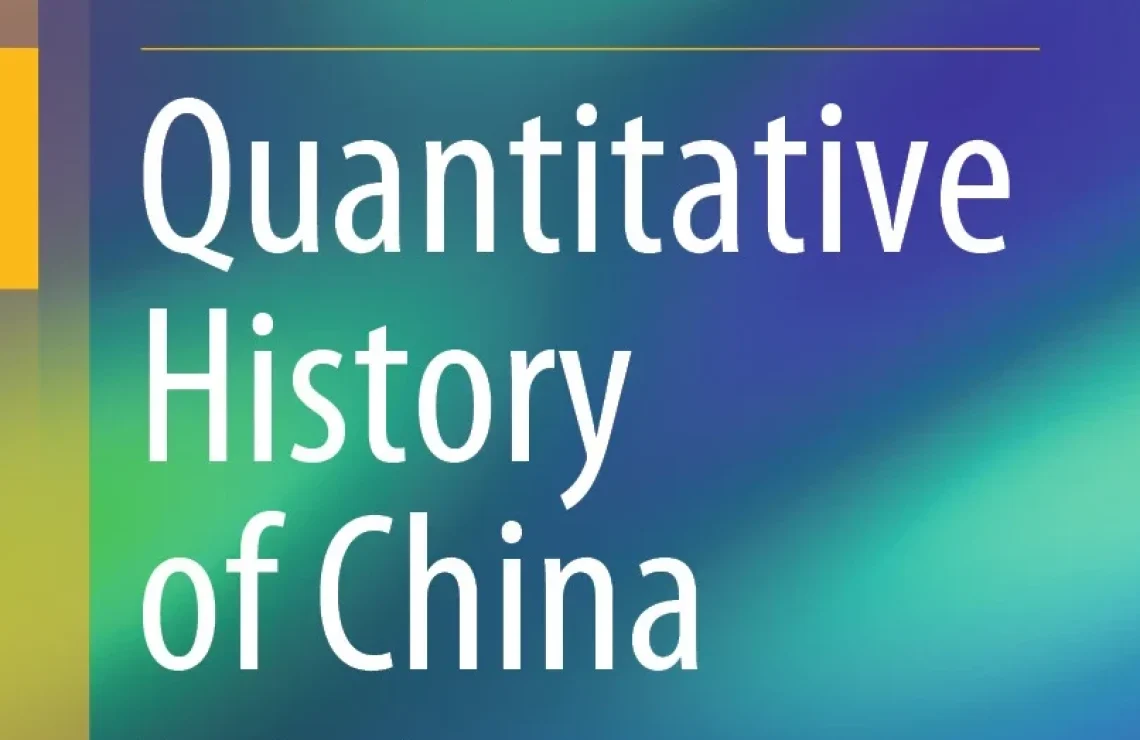
Exploring New Frontiers at 11th Summer School for Quantitative History and International Symposium on Quantitative History
What draws 121 participants from around the globe to a region rich in culture, history, and agricultural development for the 11th Summer School for Quantitative History? This year, the Centre for Quantitative History (CQH) at HKU Business School organized an enriching gathering of scholars in Shandong province, a historic region renowned for its deep roots in Confucian values and rich agricultural heritage, to explore the evolving field of quantitative history. The 9-day Summer School for Quantitative History, held from July 5 to 14, 2025, was hosted by Shandong University, with support from our long-term partner, the Institute of Qing History at Renmin University of China. The event exemplifies the Centre’s ongoing commitment to advancing research and fostering collaboration in the rapidly growing field of quantitative history.
Organized at Shandong University’s Qingdao Campus and Yantai Longfor Learning Centre, the 11th Summer School for Quantitative History was a joint effort involving our Centre members, fellows, and international partners. The programme also featured the 11th International Symposium on Quantitative History, in collaboration for the first time with the School of History, School of Archaeology, Centre for Economic Research, and Museum of Shandong University. Over the past decade, these annual activities have grown significantly, attracting nearly 300 participants from universities and research institutions worldwide.
During the welcome dinner, our members reflected on the evolution of the QH Summer School, highlighting the successful journeys of instructors who began as participants. They encouraged participants—primarily research students and junior researchers—to embrace this unique opportunity for learning and collaboration in quantitative historical research. “Advancements in AI are revolutionizing historical research, providing new opportunities with large-scale data. We look forward to pioneering insights in the field of quantitative history,” said Prof. Zhiwu Chen who is the director of CQH. Prof Chen also expressed heartfelt gratitude to our supporters—including the Research Grants Council’s Area of Excellence (AoE) scheme, Longfor Group, and Yonyou Foundation—whose generous support has been instrumental in nurturing the growth of China’s quantitative history community.
The 2025 programme featured a rich and diverse lineup of lectures and discussions led by researchers at the forefront, including CQH members, fellows, and collaborators: Profs Ying Bai (CUHK), Zhan Lin (Renmin), Denggao Long (Tsinghua), Kaixiang Peng (Wuhan), Sijie Hu (Remin), as well as our director Prof. Zhiwu Chen, associate director Prof. Chicheng Ma, and senior researcher Prof. Shuji Cao. Also, three invited guests from prestigious institutions—Prof. Yuda Yang from Fudan University, Prof. Jianye Han from Renmin University of China, and Prof. Yuhua Wang from Harvard University—enriched the programme with their expertise in historical geography, archaeology, and political economy. The inclusion of environmental science and archaeology marked a notable expansion of the summer school’s scope. This diverse faculty provided participants with a comprehensive understanding of quantitative history methodologies and applications, showcasing breakthroughs in applying quantitative methods to fields like archaeological typology.
Participants engaged actively in exploring recent research developments across core themes, with a growing interest on prehistoric and early periods. This year’s programme also introduced innovative content, including a session on “The Application of Artificial Intelligence in Humanities Research,” presented by our researcher Dr. Yuqi Chen, illustrating how AI can revolutionize humanities scholarship. This theme resonated with the keynote speech by Prof. Min Ma from Central China Normal University on digital history at the symposium.
As part of the tradition of the QH Summer Schools, all participants had the opportunity to attend the annual International Symposium on Quantitative History, which this year was the largest to date, featuring five parallel sessions and 58 paper presentations. Held on July 12-13, the symposium maintained its tradition of keynote addresses by our faculty. The 8th Narada (Nandu) Quantitative History Research Best Paper Awards were also presented, recognizing outstanding contributions, including those of Prof. Xiaoming Zhang, an HKU alumnus now serving as an assistant professor at Zhejiang University.
As we enter the second decade of advancing quantitative history research, the CQH remains dedicated to expanding opportunities for young scholars and strengthening international collaboration. With the increasing availability of data and a vibrant global research community, we look forward to continued innovation and development in this vibrant field.
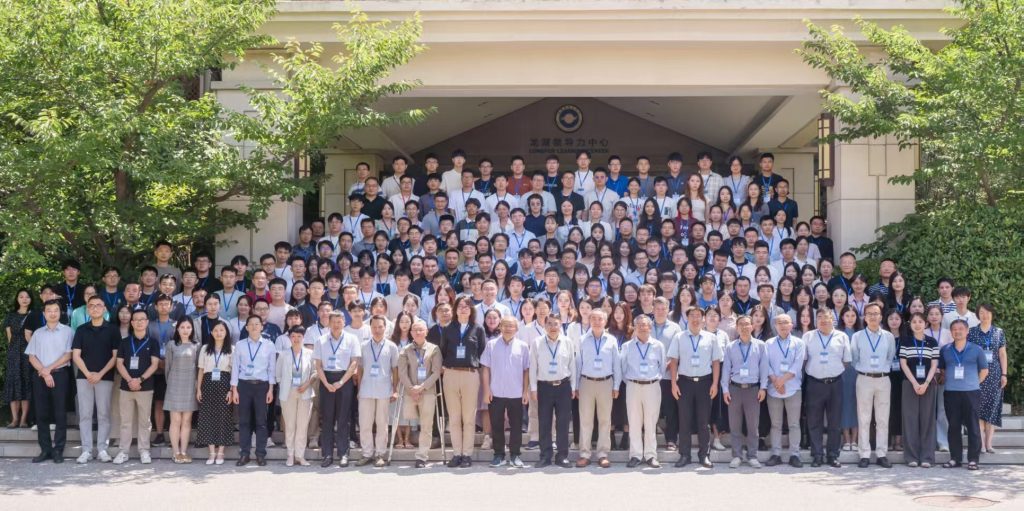
A group photo of all the 2025 Quantitative History Summer School participants, presenters, and discussants from the symposium, capturing the lively and diverse community passionate about advancing research in quantitative history.
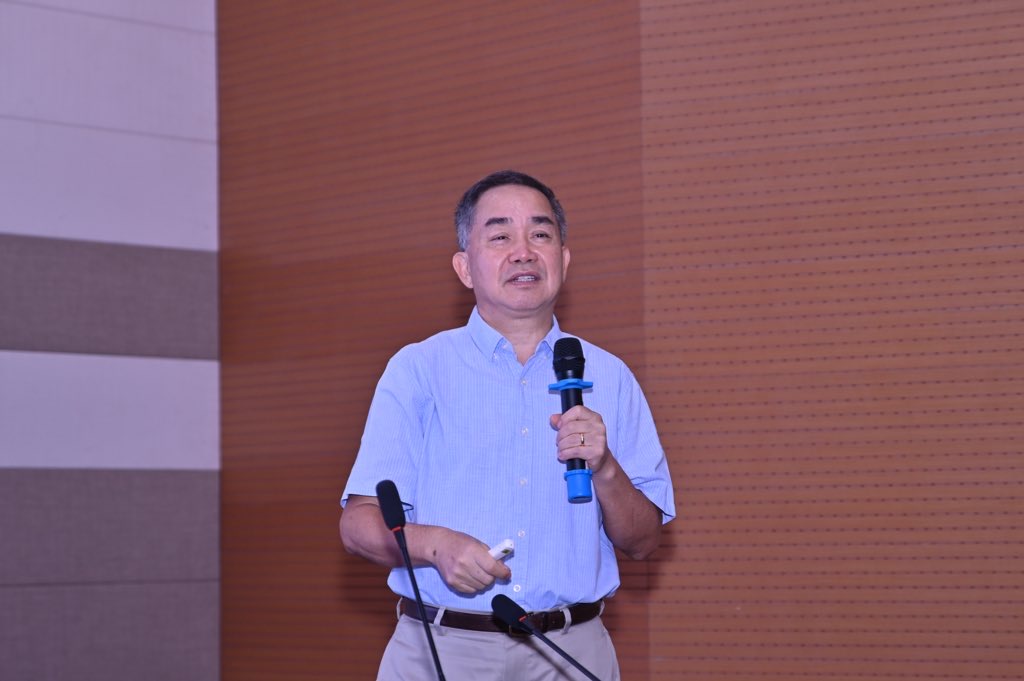 | 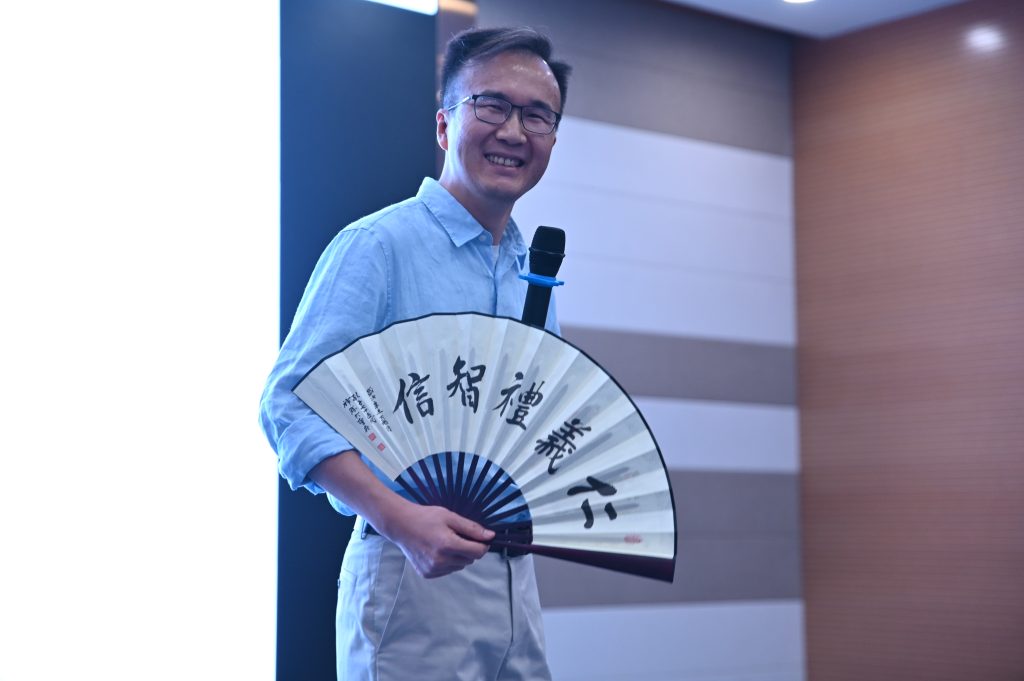 |
| Our Centre Director and Assistant Director in action: Prof. Zhiwu Chen (left) and Prof. Chicheng Ma (right) on stage sharing their latest research efforts and projects at the CQH. | |
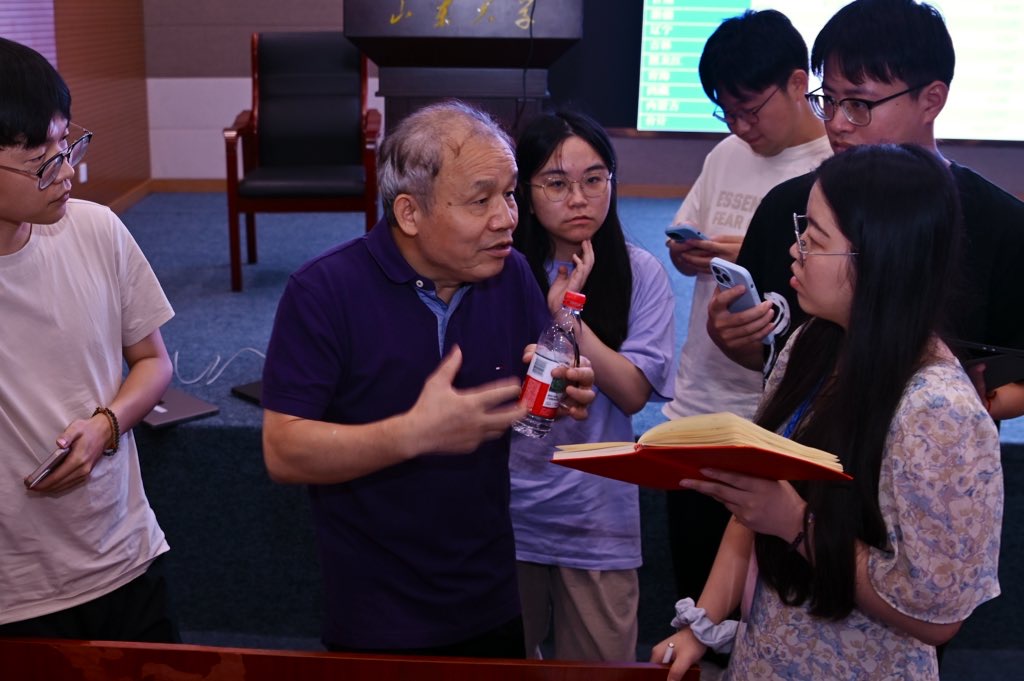 | 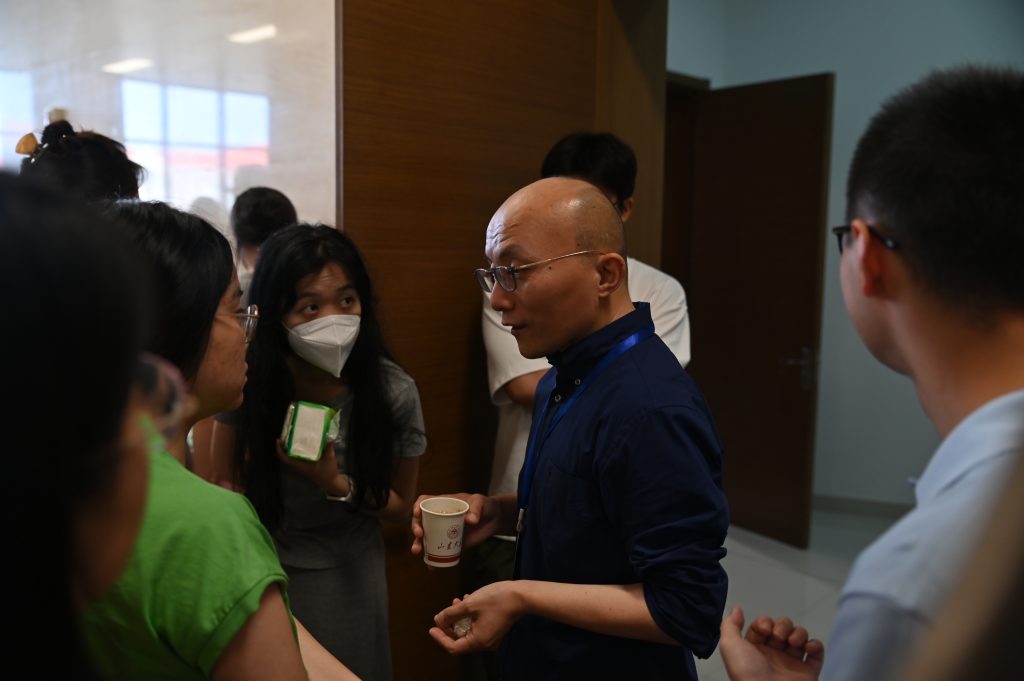 |
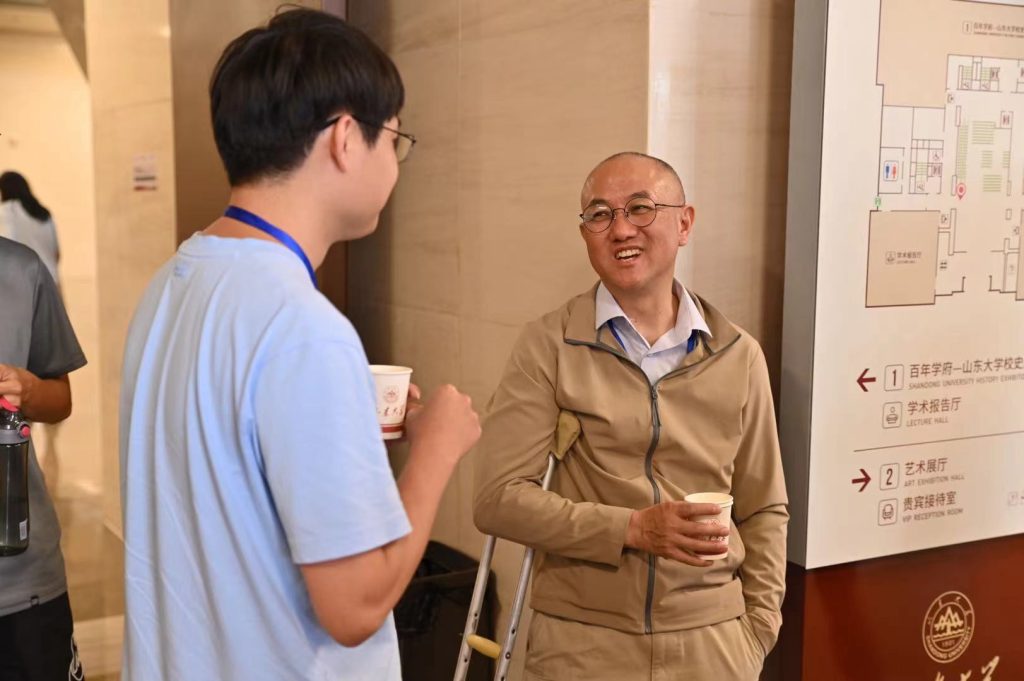 | 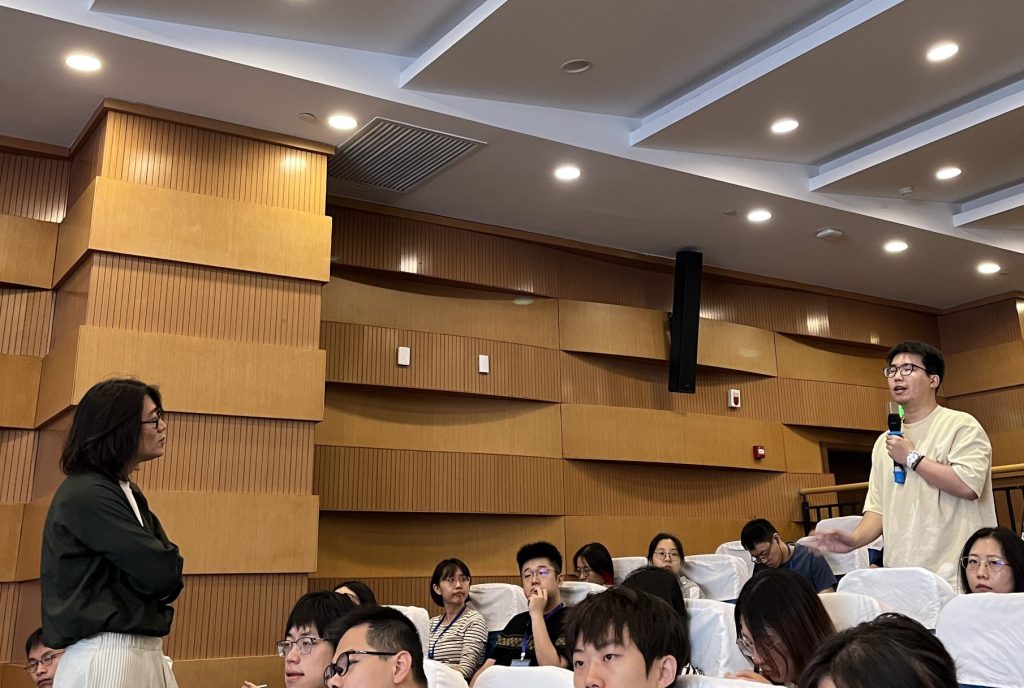 |
| Selected snapshots of the lively discussions after sessions during the 11th Summer School for Quantitative History [Clockwise from top to bottom: Shuji Cao (HKU), Ying Bai (CUHK), Yuda Yang (Fudan) and Yuhua Wang (Harvard)] | |
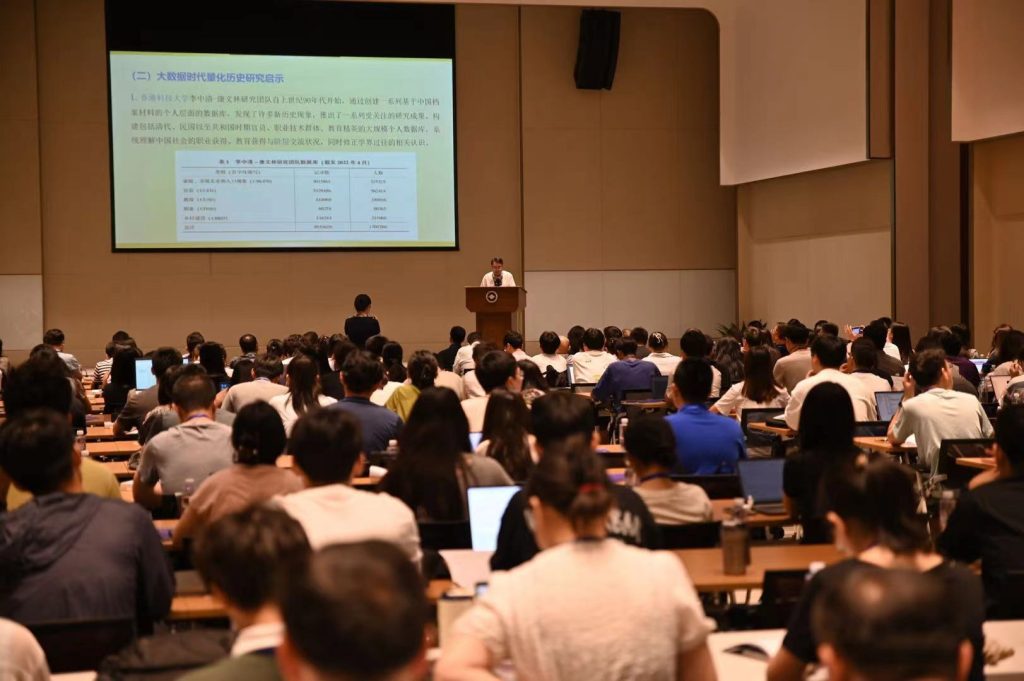
Sweeping wide-angle views of the participants at the 11th International Symposium on Quantitative History, held at Longfor Leadership Center in Yantai, showcasing the energy and enthusiasm of this vibrant community coming together to explore the future of quantitative history.
About the Centre for Quantitative History
The Centre for Quantitative History (CQH) is a focal institution for coordinating and conducting big data-based historical inquiries with quantitative methods to construct a holistic picture of China’s past development, sponsored by the HKU Business School. The focus of the Centre is on the study of the quantitative history of China. It is an area of excellence designated and funded by the Research Grants Council, a non-statutory advisory council functioning under the aegis of the University Grants Committee.






